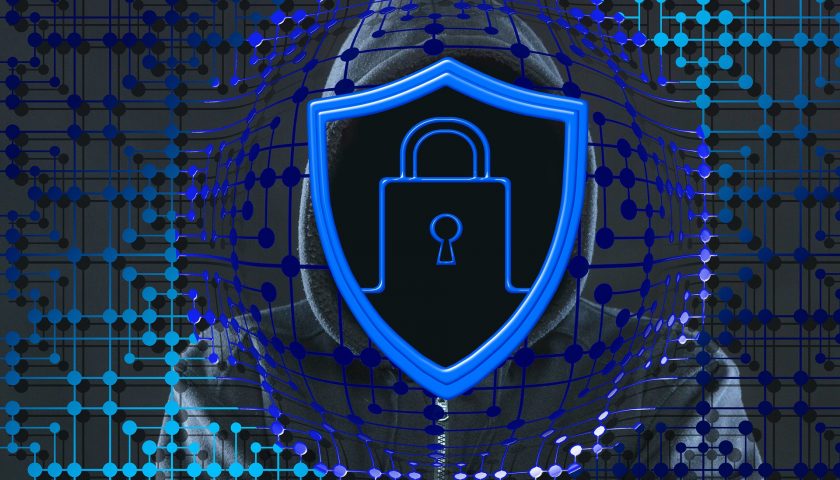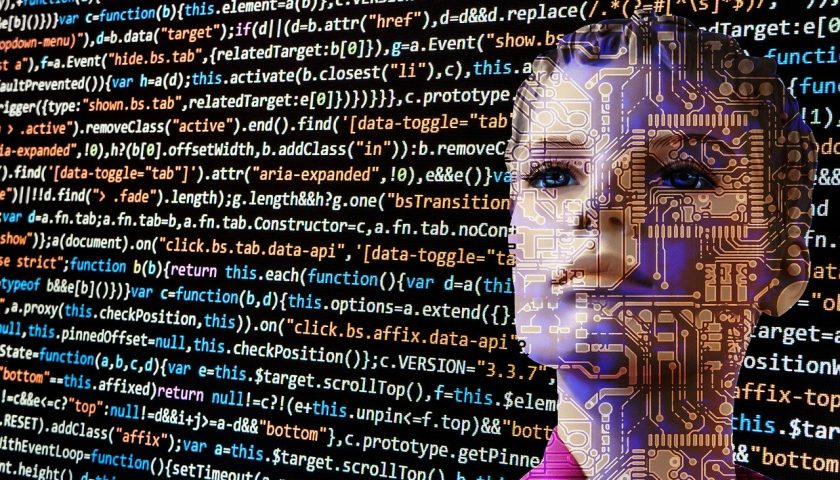
Women are needed to help solve the challenges business are facing resulting from changes in work dynamics.
Technology has taken a prominent role during COVID-19 pandemic, post APAC region-wide lockdowns, cybersecurity has become the forefront of technological advanced.
However more women are needed to help solve the challenges business are facing resulting from the increased reliance on remote working environments and networks.
A June report published by CREST highlights progress made in gender diversity across the cyber security industry, in the past few years and points to the next steps needed to further address the gender gap. CREST – the not-for-profit body that represents the technical security industry including vulnerability assessment, penetration testing, incident response, threat intelligence and Security Operations Centre found that while awareness around gender diversity has improved, there is still work to be done to make a significant practical difference.
In polls taken at CREST’s gender diversity workshops, only 14 per cent of attendees argued that not enough work has been done to lessen the gender gap, but 86 per cent believed that while progress has been made, it is not nearly enough.
The study also found that 59 per cent of participants classified their experience in the industry as mixed, having received support and enjoyed roles but pointing to obstacles and challenges that had to be overcome as a result of being female.
According to UN Women, the United Nations entity dedicated to gender equality and the empowerment of women, governments across the region have adopted digital surveillance and contact tracing applications to stem the pandemic, including Australia, Republic of Korea, China, and many more.
Like other emergency powers, the use of such applications must be proportionate, neither arbitrary nor discriminatory, respectful of human dignity, subject to review, and limited in duration.
Further, the distinct consequences of digital surveillance and contact tracing for women and girls must be addressed, violations of their human rights prevented, and avenues for women human rights defenders to continue their work in the digital space protected.
According to UN Women, the digital world underpins every structure and system of modern life. For women and girls who rely on the digital world in the face of unequal power structures, gender-inclusive cybersecurity frameworks can provide for a digital space where the rule of law and the rights of women and girls are respected.
“As with most security infrastructure, there is a significant gender gap in cybersecurity – in Asia and the Pacific, women account for less than 10 per cent of the cybersecurity workforce,” it states. “This gap in women’s participation has resulted in a lack of gender perspectives informing cybersecurity and the development of cybersecurity frameworks that fail to identify and respond to cyberthreats faced by women and girls.”
UN Women believes this is further compounded by the low number of states that have enacted legislation to protect individuals’ online data and privacy – less than 40 per cent of states in Asia and the Pacific have legislation protecting online data and privacy.
“In addition, cybersecurity is often predicated on artificial intelligence and algorithms, with limited civilian oversight.”
With 78 per cent of artificial intelligence professionals being men, male experiences have overwhelmingly informed algorithm creation. This has direct peace and security implications for women, UN Women states.
“For example, algorithms used in the criminal justice system overpredict the risk for women to reoffend, leading to disproportionate sentencing for women and negatively impacting their access to non-custodial settings.”
According to UN Women increasing women’s participation in cybersecurity and decision-making relating to the digital world is a crucial step to ensuring that the spectrum of cyber risks is addressed.
Women are best placed to identify their unique cybersecurity needs and contribute their lived experiences to the knowledgebase, informing cybersecurity, yet their representation remains low. “Women’s representation in the UN Group of Governmental Experts on the use of ICTs, responsible for examining existing and emerging cyberthreats, among other things, has averaged 20 per cent since its inception, well below the recommended 30 per cent for influence,” it states. “Cybersecurity frameworks that are developed with women and reflect a gender perspective will reduce the overall risk to the cyber world.”
According to an article by Asia times, in 2019 Australia hired its first female intelligence chief, Rachel Noble. She has a vast experience in national and cyber security, was appointed to head the country’s major spy agency responsible for cyberwarfare, the Australian Signals Directorate.
At the time, Australian Prime Minister Scott Morrison said her appointment is a “significant step forward for women in the national-security sector.”
In Singapore, the top 20 women in cyber security represented leading government agencies and industry firms, from banking, finance, automotive, and consulting.
In an interview with WoSEC Singapore, Neha Malhotra APAC Production Security program manager at Global bank in Singapore said cybersecurity was one of ‘the’ most interesting field to her because of the value it brings to the entire world across industries.
“To pave my way into cybersecurity is the first step of achievement for me. I have worked hard to get onto the pace and still doing so,” she said. “Of course, knowing how vast the field is, it’s on-going task to be able to continue to achieve excellence to cover all areas of attack surface with preventive, detective and defensive measures at all layers and with the required depth.”
Malhotra said more initiatives are required to promote diversity.
“As we started talking more on diversity and taking steps towards promoting it at a global level, I personally got more confidence and motivation,” she said. “Now I feel pride rather than any inhibition to walk in and share my ideas, participate in discussions or raise questions on events, even when I am the only female in a session being attended by 50+ men.”
She believes her presence and contribution is as “important as anyone else’s and irrespective of anyone being a male or female”.
“We should be judged only on our skills and capabilities with no bias or pre-conceived notion,” she said.
Tags: CybersecurityICTwomen




